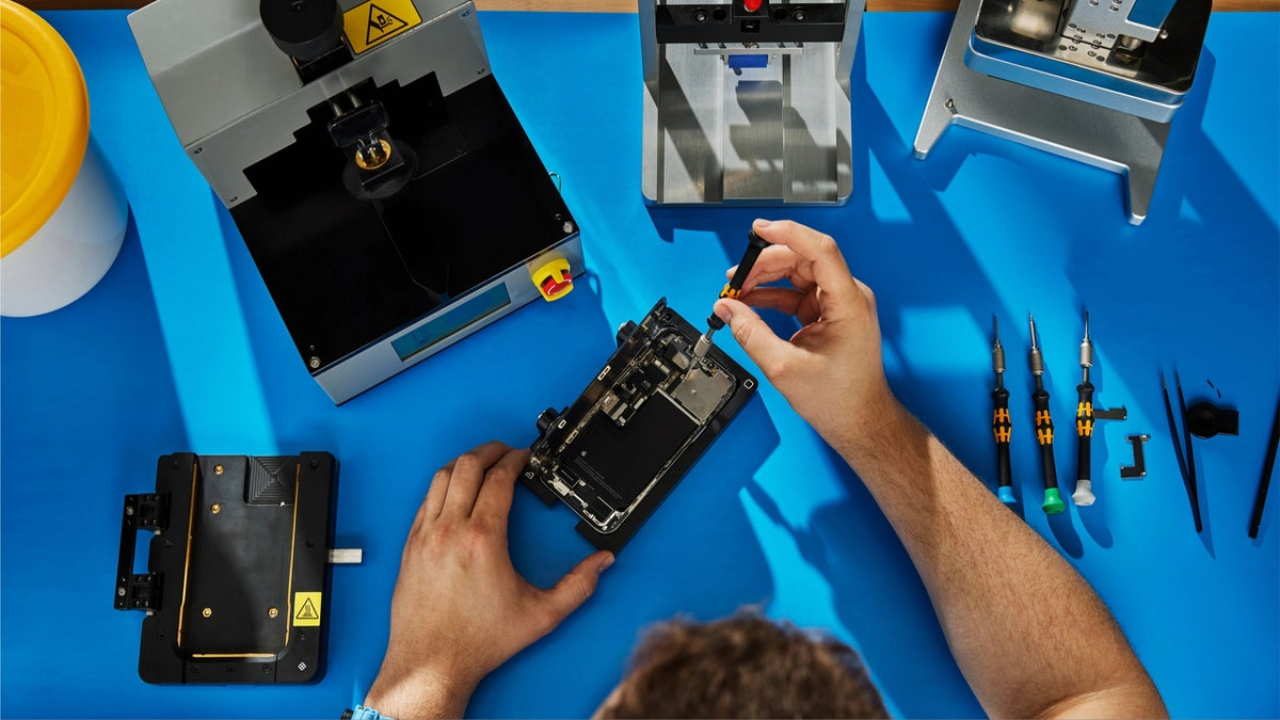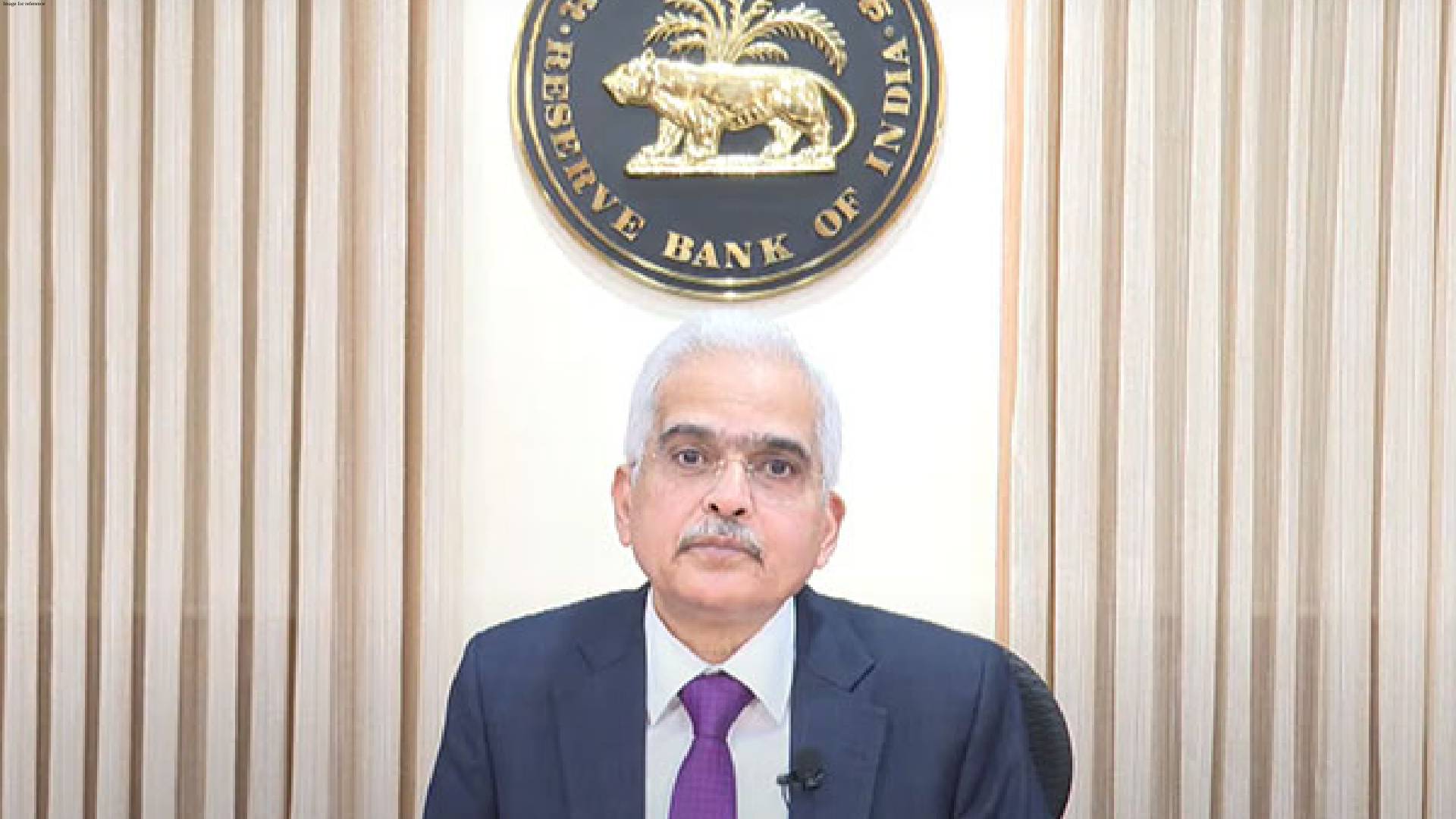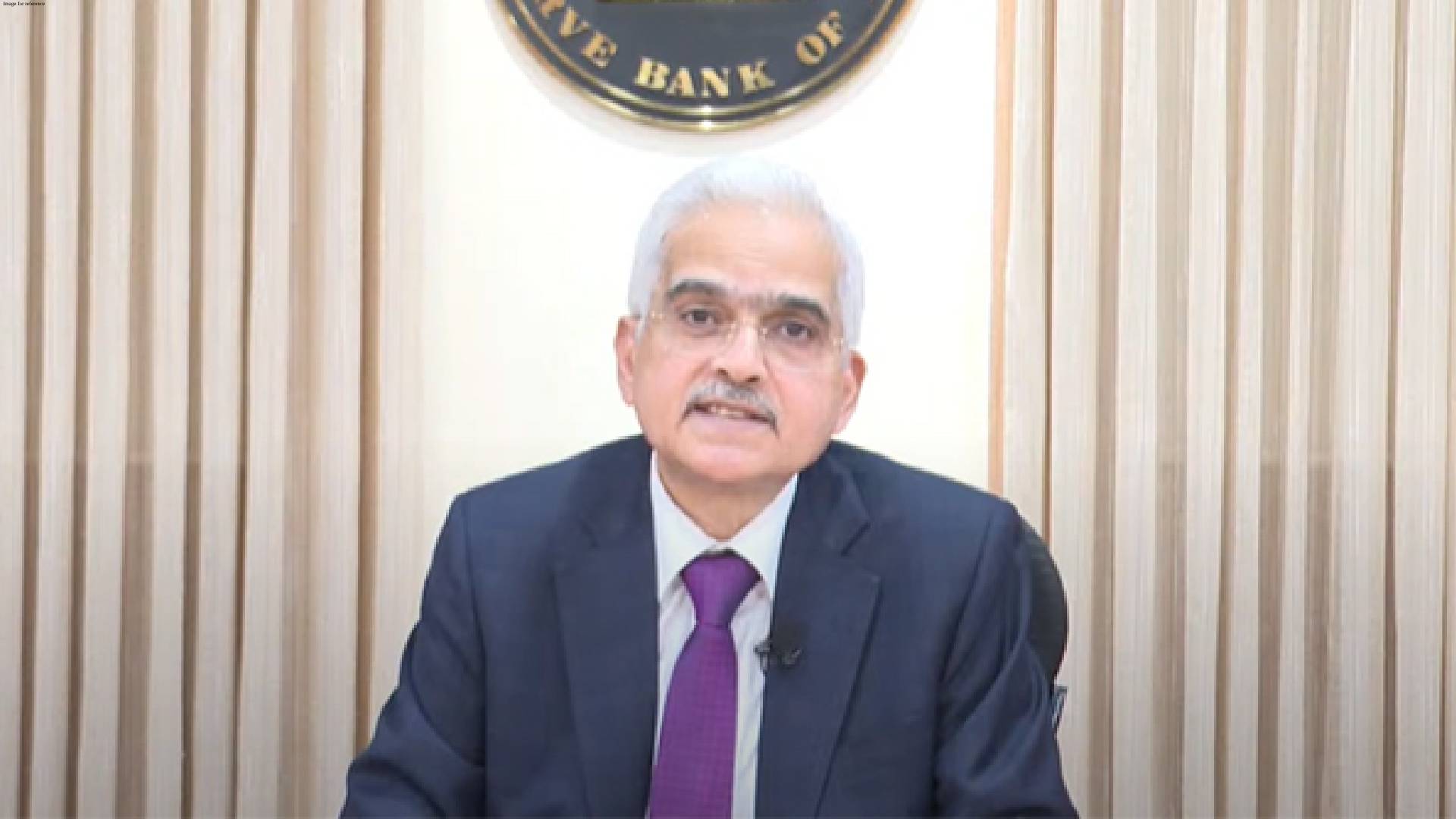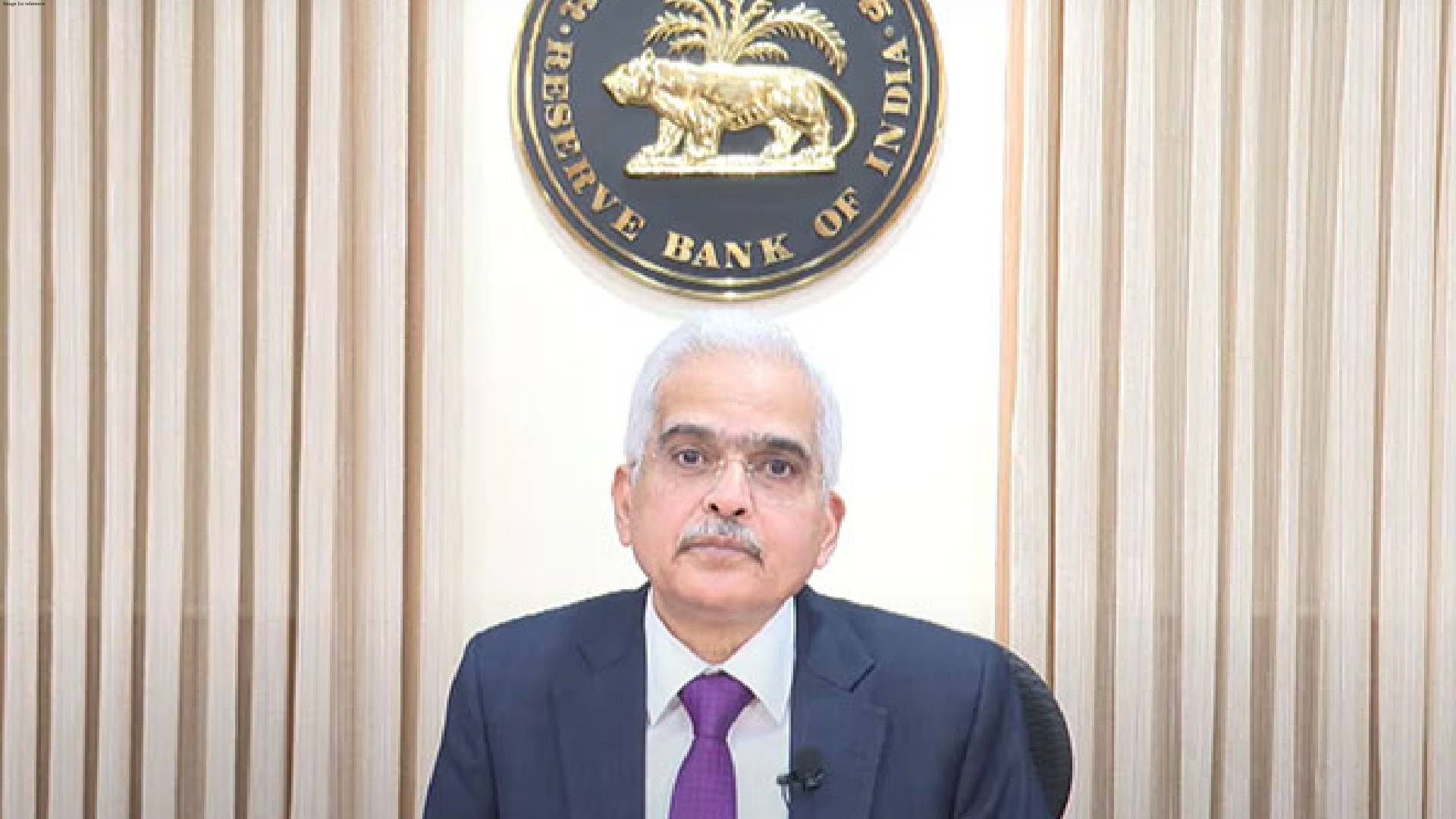Latest News
Savings Vs Investment: Should You Save Or Invest?
.png)
The two ways to gain financial security are through saving and investment. Saving includes putting aside money until you need it. On the other hand, investing refers to putting your money into an asset which you believe will increase its value over time. Savings can be referred to as a cash activity where you refrain yourself from spending the cash and keep it safely in your home or savings account to be used later when you need it. When you invest money, you use the cash to buy an asset for extra profit or income. As stated, both saving and investment ensure financial security, but what to choose and when can often be confused.
The Difference Between Saving And Investing
Before choosing between saving and investment, it is crucial to understand the key difference between them. To begin with, the return on saving is relatively low, but investment generally gives a higher return. However, the twist is that saving has almost negligible risk and investment has comparatively higher risk. If you plan to use online banking for investment, ensure that you take care of cybersecurity hygiene. For instance, you can check your IP address on What Is My IP to prevent a compromised IP address. Also, the risk in investment differs from one investment type to another. Furthermore, saving includes a short time horizon, and the return on investment can only be significant when the investment is long-term. Now that we know the key differences, let us look at the advantages and disadvantages of both.
The Advantages and Disadvantages of Saving
The most significant advantage of saving is that it is the safest bet for your hard-earned money. Also, it gives quick access to your money and is relatively easier to do. Thirdly, you have a clear picture of the interest you will earn on your savings balance.
The disadvantages of saving include low returns. It means you might have earned more money if you had invested the same amount. But, of course, it does not come with a guarantee. Also, because the return is low, you might lose purchasing power if inflation hits your money.
The Advantages and Disadvantages of Investing
Firstly, smart investment can ensure a high return, and the liquidity factor of investment is high for stocks and bonds. Secondly, if you invest in a different asset that yields high returns, you stay safe from inflation and your purchasing power over time increases too.
The cons of investment include that return on investment is not guaranteed. Most often, the asset keeps fluctuating; therefore, the investment risk is comparatively higher than savings. Secondly, you will have to keep your money invested for a long time to get a good return on investment. In general, five years of investment is an excellent time to keep the money invested. Lastly, investing is complex, and you might need a helping hand to make wise decisions.
Should You Save Or Invest?
If you are a beginner in budgeting, we recommend you start with saving. You can start by saving money for the next few years and build an emergency fund. Most financial experts recommend having at least six months of expenses ready to ensure that the emergency fund is sufficient. Additionally, if you have a debt, it is recommended to pay it off and save before diving into the investment world.
You can start by investing your money when you are sure you do not need that money for at least five years. Furthermore, you should be okay with taking risks with your money. Once your emergency fund is ready and you have no debt, you can begin investing all your extra money to generate wealth. In the long term, investment surely pays off. Also, if you have a good income, you consider a combination of both saving and investing. You can save money to meet your short-term financial goals and invest money to meet your long-term financial goals. Before saving or investing money, create a budget and figure out how much you can set aside to save and invest. Irrespective of how you choose to gain financial independence, having a budget and sticking to it is a must. The last tip is to save money for something in the near future but engage in intelligent investment for your future.


.png)

.png)





.png)


.jpg)
.jpg)
.jpg)
.jpg)
.jpg)
.jpg)

.jpg)
